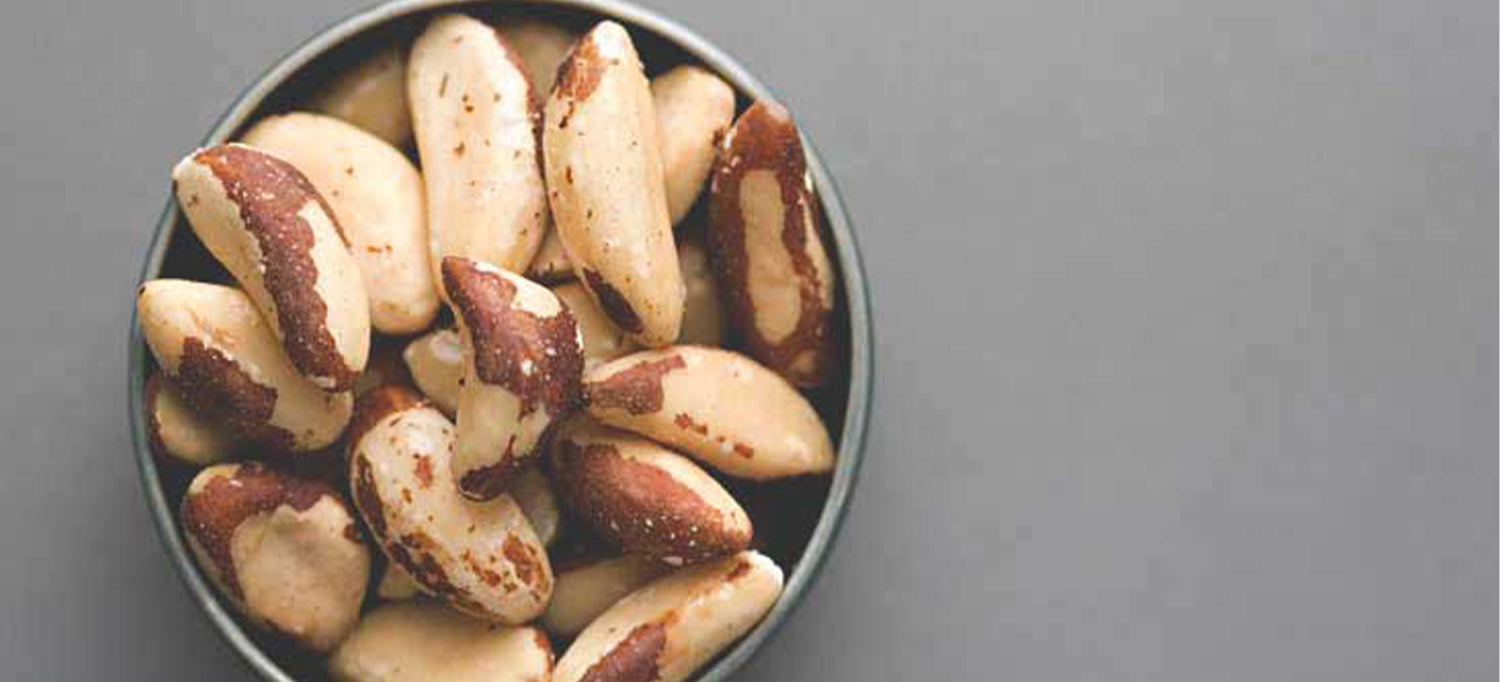Very often when we think of fertility issues, we jump to the conclusion that it is a female issue. However this is not the case, when couples are struggling to get pregnant the causes are evenly split between female, male and unexplained where no known cause has been found. Thankfully, we now have a much better understanding of the importance of the quality of male sperm. Sperm testing is carried out in fertility clinics and can diagnose issues such as low sperm count, poor mobility, poor motility and damage to the DNA. Once the male sperm appears healthy, it is often assumed that it will always be healthy. However, as sperm is produced every 74 days, the new batch may be entirely different!
LIFESTYLE BEHAVIOURS
The good news is that sperm production is so dependent on diet and lifestyle behaviours. It is now recommended that you allow at least 3 months preparation time to optimise your health prior to conception. Optimising your diet and nutrient intake at the preconception stage can really impact on sperm quality, including motility and mobility. Motility and morphology are important qualities which ensure that the healthiest sperm have the required shape and speed to reach the egg, successfully penetrate its outer shell and fertilise it.
WHY SELENIUM?
There are many nutrients necessary to produce good quality sperm, chief amongst them is Selenium. Selenium is a mineral which comes from the soil. Certain parts of the world are known to have soil with low selenium levels. Unfortunately over farming and constant use of pesticides and sprays can reduce the level in soil. However, there are easy ways to increase our selenium levels by incorporating them into our diet.
Poor nutritional intake of selenium is the primary cause of deficiency. Selenium is known to play a key role in male reproductive health, particularly in the production of sperm, and in promoting their motility so it is crucial to get enough of it! Spermatogenesis is the process of sperm cell development. It involves the division and maturation of primitive testicular cells called spermatogonia. During spermatogenesis, sperm cells are susceptible to oxidative damage, which reduces their viability. It works in many ways but its major role in reproduction is it protects the sperm from oxidising which simply means that it is an anti-oxidant. As sperm is made up of essential fats it is likely to oxidise and become rancid and damaged. Men loose selenium in semen which can lead to poor motility, morphology issues and low sperm count. Sperm is very delicate and is susceptible to environmental damage such as smoking, air-pollution and chemicals. Selenium has also been shown to be protective against toxic heavy metals such as cadmium and lead, which can affect sperm development.
FOOD SOURCES OF SELENIUM
Good food sources of selenium include; onions, garlic, grains, Brazil nuts, lean meat, seafood, fruit and vegetables to a lesser extent. Brazil nuts are excellent source of selenium. Men should aim to include 4-6 Brazil nuts a day to keep their sperm in good shape and increase male fertility. Selenium and Vitamin E combined play a crucial role in male fertility.
It can be difficult to get all the right nutrients on a daily basis, this is where Proceive can help by providing the right levels of vitamins and minerals for good preconception health. Proceive Men contains 26 essential nutrients. These supplements are designed to provide targeted support for reproductive health, and can really help with both sperm count and motility.

